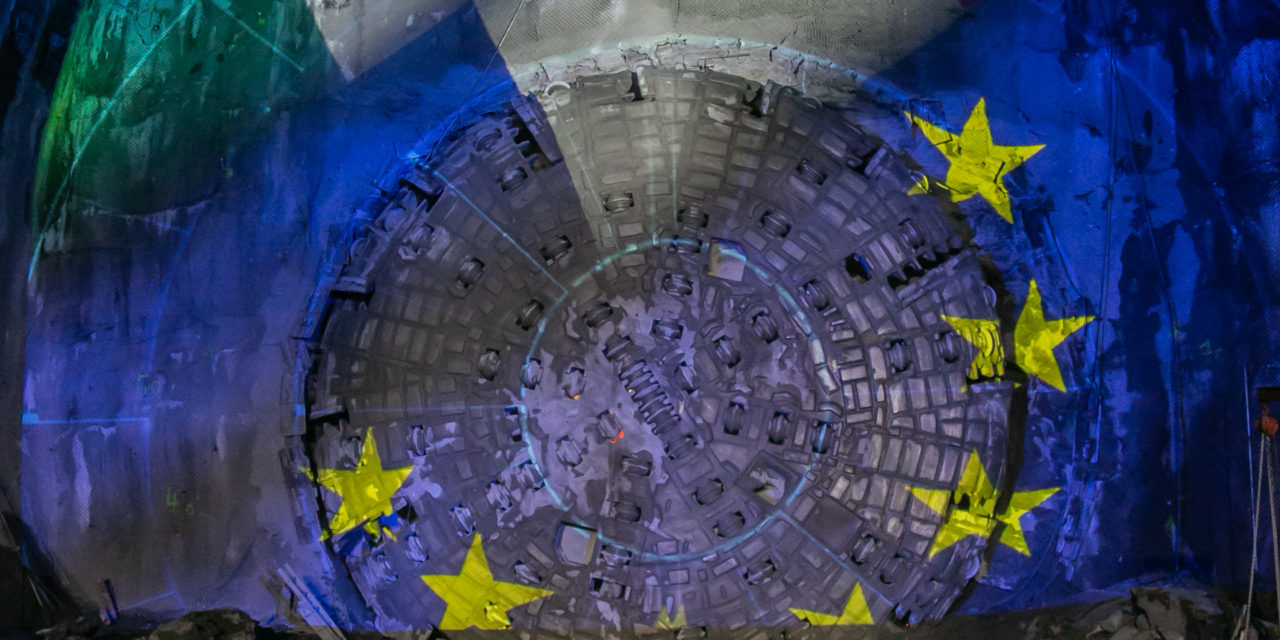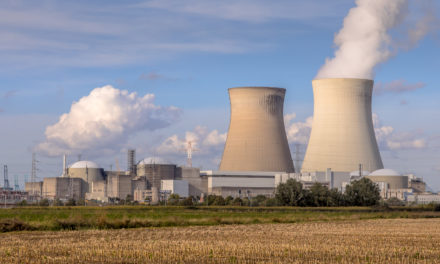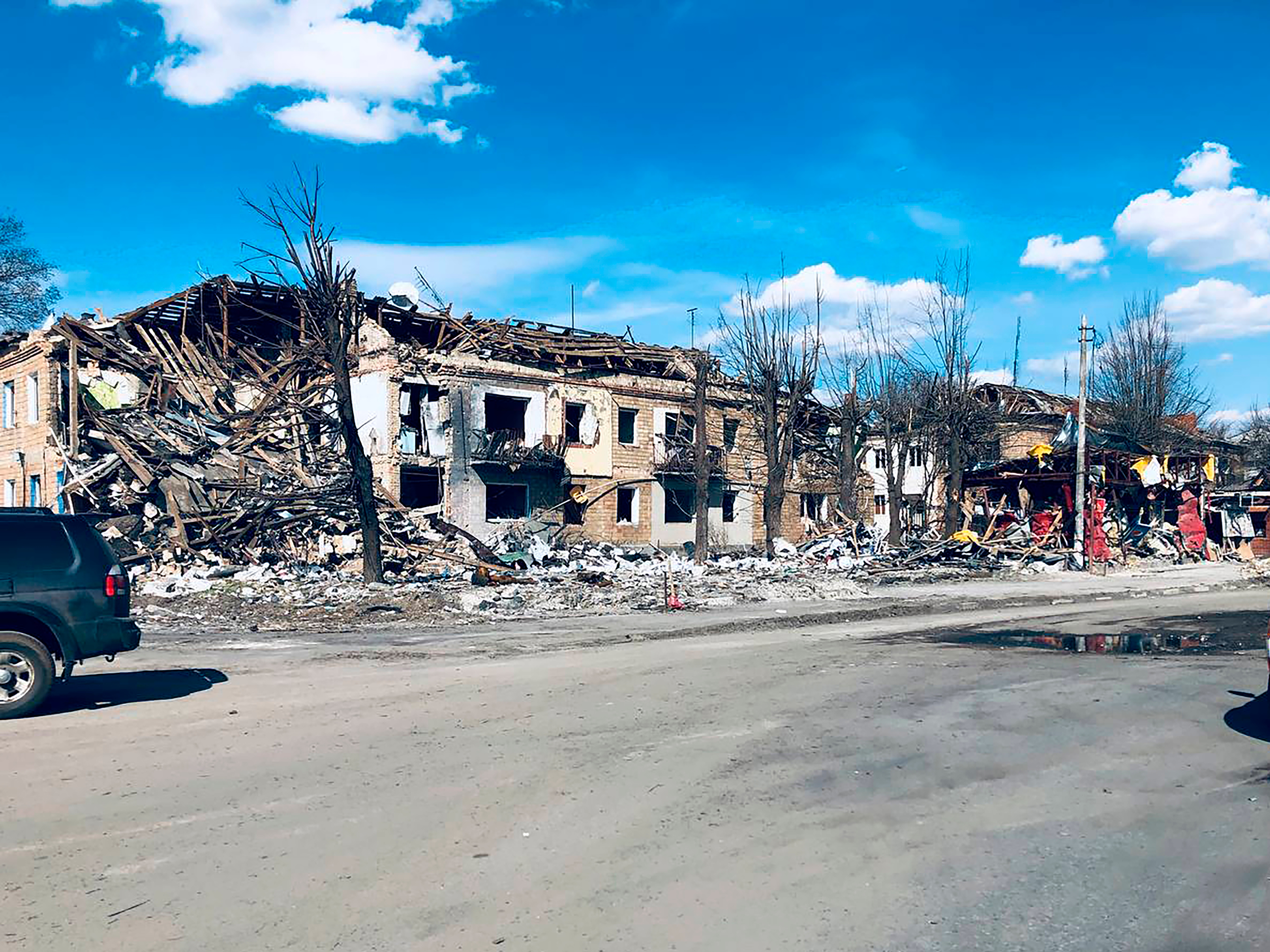The TELT (Tunnel Euralpin Lyon Turin) is a project that has been studied since 1995 and on which work began in 2002. It involves digging a 57-kilometer tunnel under the Alps to link Lyon and Turin in Italy by train.
This rail tunnel is intended for both freight and passenger transport. It should make it possible to absorb the increase in freight traffic but also to reduce transport times quite significantly.
Thus, the trip from Lyon to Turin should take only 1 hour 45 minutes compared to 4 hours today. A Paris-Milan trip could be done in 4 hours compared to 7 hours today.
The project has had to face multiple obstacles over the past 20 years. Fires in the tunnels, strong opposition to the proper design of the tunnel, the drying up of many underground rivers and the risk of explosions are some of the constraints observed in recent months.
April 2021 was a particularly eventful month in the Italian village of San Didero, a small community of 574 inhabitants located near Turin. From April 13 to 19, about 1,000 police and carabinieri were deployed to try to evict opponents of the TELT, who had been occupying an old, unfinished autoport project that was to be demolished to make way for a major international railway station. A war-like atmosphere prevailed in the village: “Tear gas exploded in the yards of the houses…tear gas grenades scattered in the meadows, some of them unexploded, a danger to people and children who want to move around the countryside and to grazing animals. ” described the community. They also denounce the destruction of thousands of trees and land due to the numerous passages of work vehicles.
To everyone’s surprise, the Transport and Mobility Commission of Europe Ecologie Les Verts (EELV) called for the acceleration of the construction of the tunnel on Thursday May 6. They were from the beginning great opponents to this project. It was only the following day that they removed this announcement, stating that it was an error of interpretation. In addition, they state in a press release from the Transalpine Committee: “very clearly that the concomitant realization by 2030 of the Lyon-Turin link is necessary to develop an attractive and competitive rail freight offer on the Mediterranean Corridor of the Trans-European Transport Network”. EELV spokesman Alain Coulombel explains: “Among some people in the region (of Chambéry), a realistic position is emerging: as the work is already underway on several sections, they say ‘We might as well go all the way’”. In a survey conducted by BVA in March 2021, we learned that 84% of EELV supporters in the Auvergne-Rhône-Alpes region support the TELT.
Nevertheless, some people try to show this project in a favorable light, such as the candidate for the regional elections in Auvergne-Rhône-Alpes Najat Vallaud-Belkacem, who said, referring to the EELV opponents: “I think that they themselves will recognize that having the possibility of reducing air pollution, having the possibility of giving a greater share to rail transport than to road transport and even supporting the economy and employment, these are all very good objectives. “. In addition, supporters point out that this route will help relieve the nearly two million trucks that travel through the Alps each year. Such a project would also create an economy, densifying and accelerating trade between France and Italy, which would total about 90 billion euros per year.
This project of more than 26 billion euros is financed at 40% by the European Union, 35% by Italy and 25% by France. Its inauguration is scheduled for 2030.
This case is quite interesting because it is a direct effect of the European competition of railways. Although it has great assets (first direct line Lyon-Turin), the operators and designers of the line must create and imagine a new commercial approach to make it profitable.






